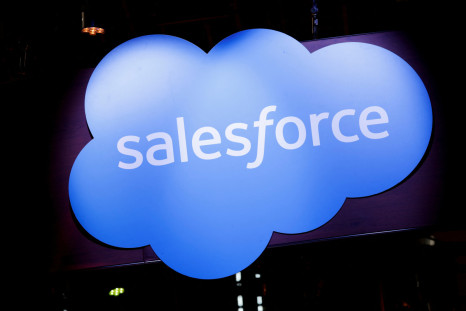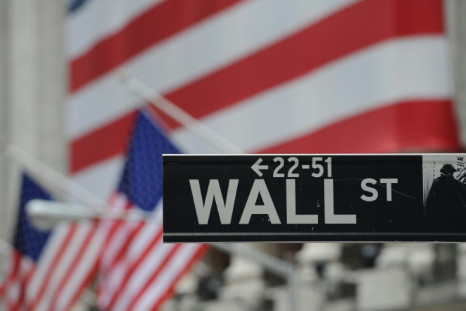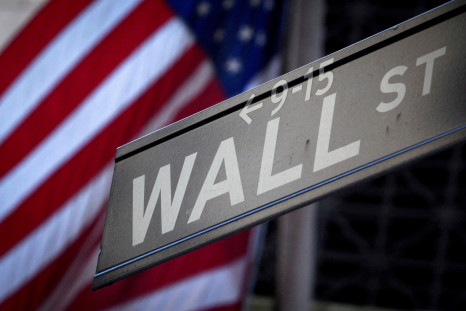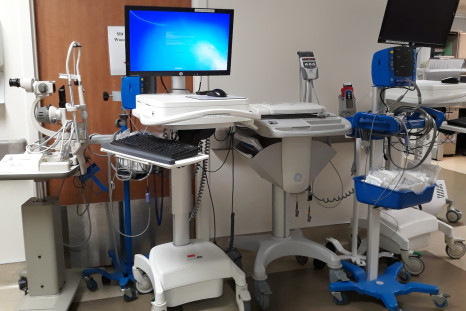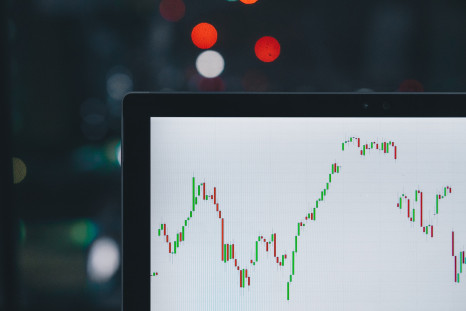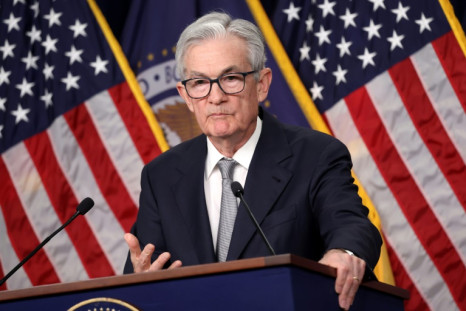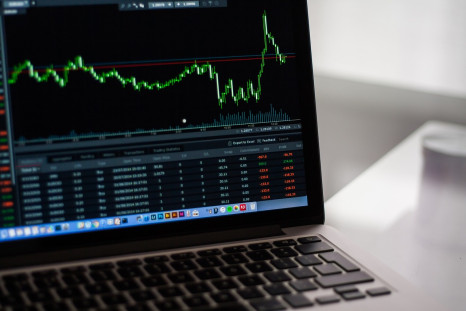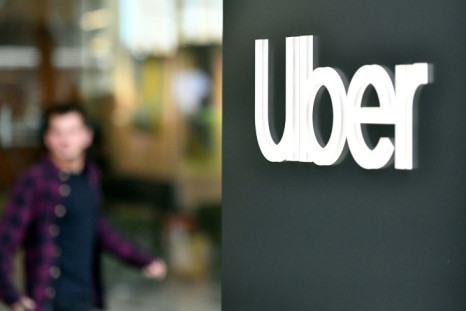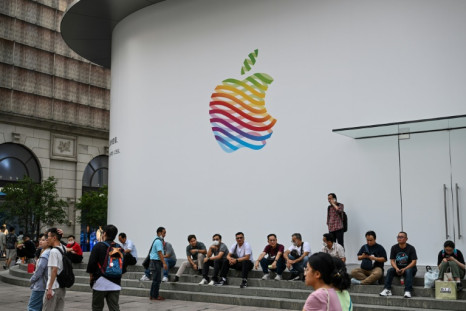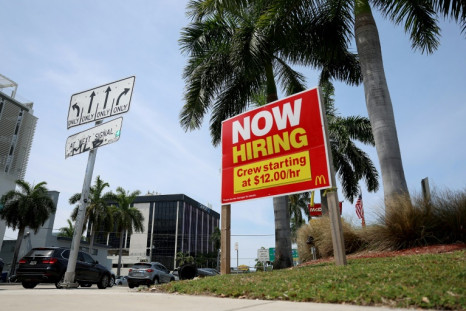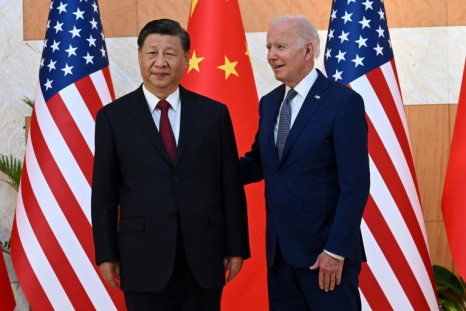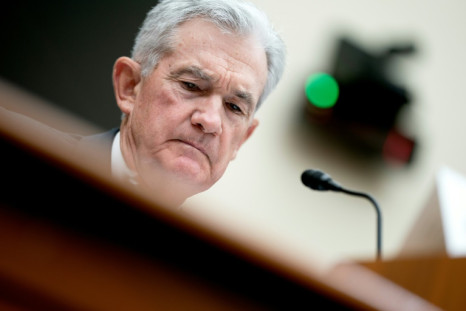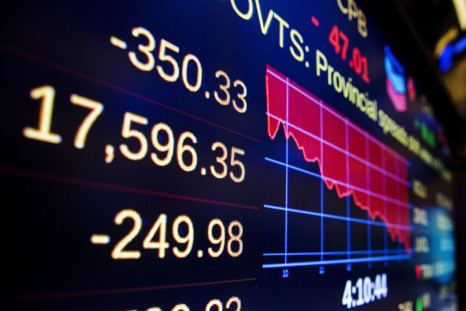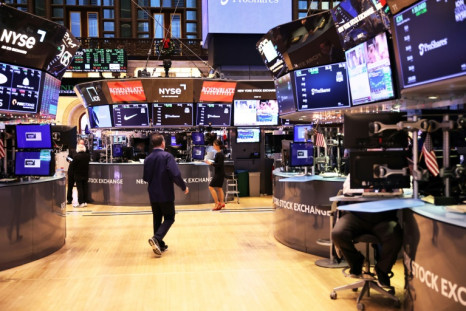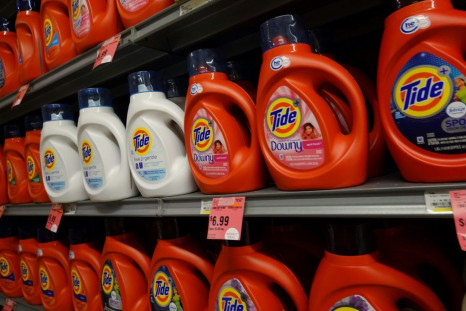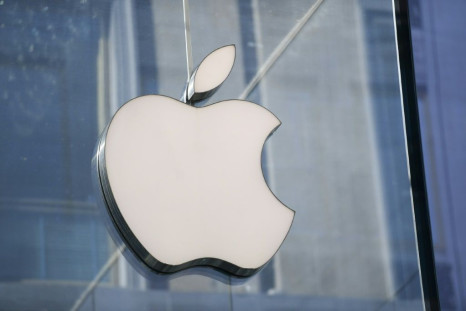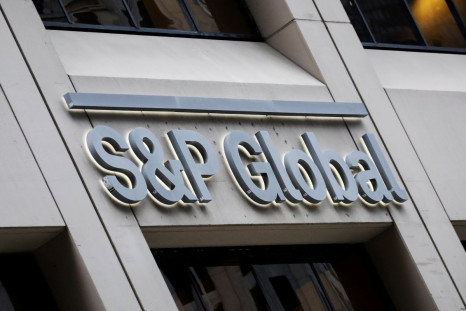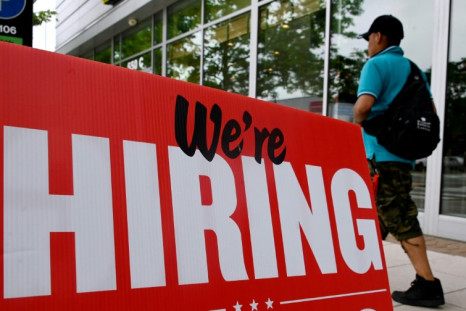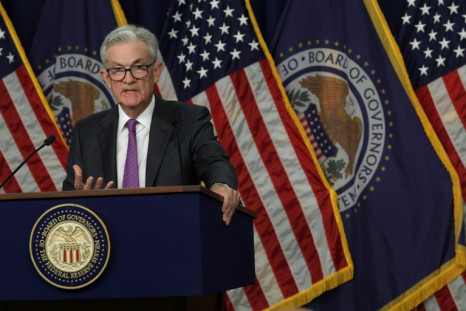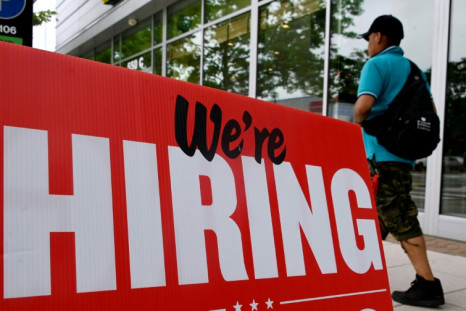AI is the next big thing in the IT industry. Salesforce wants to be on top of it.
There have been the best, the worst and the mediocre times for emerging market equities. This year was modest, with the iShares Emerging Markets Index (EEM) gaining 4.3% YTD compared to 18.7% of the S&P 500.
In recent weeks, small stocks, financials and real estate stocks have led gains on Wall Street as investors bought shares of companies that could benefit from a new investment narrative: declining interest rates and a growing economy.
To find out how a small country like Greece ends up competing in the medical service sector and how Americans take advantage of it, International Business Times spoke with Dr. George Patoulis, president of the Athens Medical Association and Elitour, the Greek Health Tourism Council.
Flying should be the fastest and most comfortable way of getting around the U.S. and the world for leisure and business travel. So why isn't it?
Nowadays, interest in EVs has spread to a larger group of consumers who are critical to helping EVs cross the "tipping point" to reach the mass market. The problem is that this group consists of older, more conservative consumers who are cautious decision-makers, reluctant to pay the high price tag that comes with EVs.
The S&P 500 closed at 4,514.02, up 2.5% for the week; the Dow Jones at 34,947.10, up 2%; the tech-heavy Nasdaq at 14,125, up 3.1% and the small-cap Russell 2000 at 1797.77, up 5.8%.
High interest rates for a prolonged period usually push the U.S economy into a recession. But not this time around -- at least not yet.
U.S stocks and bonds moved in the opposite direction on Wednesday following the release of mixed data on the state of the U.S economy.
The S&P 500 closed at 4,415.25, up 1.1 % for the week; the Dow Jones at 34,283.10, up 0.53%, and the tech-heavy Nasdaq at 13,798.1, up 2.07%.
Uber is a global leader in ride-hailing, food delivery and other mobility services. Its app connects drivers and riders, capitalizing on the economies of a network associated with a large base of users.
Last week, the world's largest coffee shop chain reported solid financial results for the fourth quarter of 2023.
The new narrative that renewed the interest of traders and investors on both debt and equities was floated by Chicago Fed President Austan Goolsbee in a CNBC interview on Tuesday morning.
Both companies are undervalued when the EVA growth of the two companies is compared to the growth in their market capitalization.
The S&P 500 ended at 4,358, up 4.8 % for the week; the Dow Jones at 34,061, up 4% and the tech-heavy Nasdaq at 13,478, up 5.1%.
U.S. stocks staged a strong rebound on Wednesday afternoon, following a sharp drop in bond yields. The rebound continued in pre-market trade on Thursday.
A labor market report to be released this Friday by the U.S. Bureau of Labor Statistics (BLS) will show that the U.S. economy added jobs at a slower pace in October and that the unemployment rate remained steady.
The U.S.-China relations are said to be about to turn the corner, as both countries suffer the consequences of the trade war.
There are a couple of good reasons behind another interest rate hike pause, despite the resilience of the U.S. economy and the elevated inflation.
Traders and investors, who earlier in the year were looking for every excuse to buy, are now looking for every reason to sell.
The nation's central bank should get inflation right and stop raising interest rates.
The U.S. Treasury bond market has been in a perfect storm lately brewed by several factors. One is the resilience of the U.S economy, as evidenced by the better-than-expected September job market and retail sales reports.
Procter & Gamble's recent product price hikes represent an unrecorded form of inflation facing the American consumer.
Rising interest rates have been a significant headwind for U.S. equities — but not for leading technology companies.
U.S. stocks could get a boost from a better third-quarter earnings season, as bond yields ease.
Inflation remains elevated above the Federal Reserve's official targets -- no matter how you measure it -- complicating the Fed's interest rate policy.
Inflation raises the cost of producing goods and services, recorded in the second line of the income statement, and therefore, cuts into gross margins. Interest rates raise the cost of credit, and therefore, reduce net earnings.
A solid jobs report is usually unfavorable for equities, as it raises fears of further interest rate hikes to ease inflation pressures. Thus, the spike in the U.S Treasury bond yields sent stocks sharply lower in pre-market and early regular trading on Friday.
The Fed can only keep interest rates high for a short time. It must lower the cost of borrowing for the federal government, which keeps accumulating more elevated and higher debt.
The Bureau of Labor Statistics will publish the September nonfarm payrolls report on Friday. It's a monthly survey based on questionnaires distributed to business establishments nationwide to determine the number of jobs the private businesses created each month.
Editor's pick



